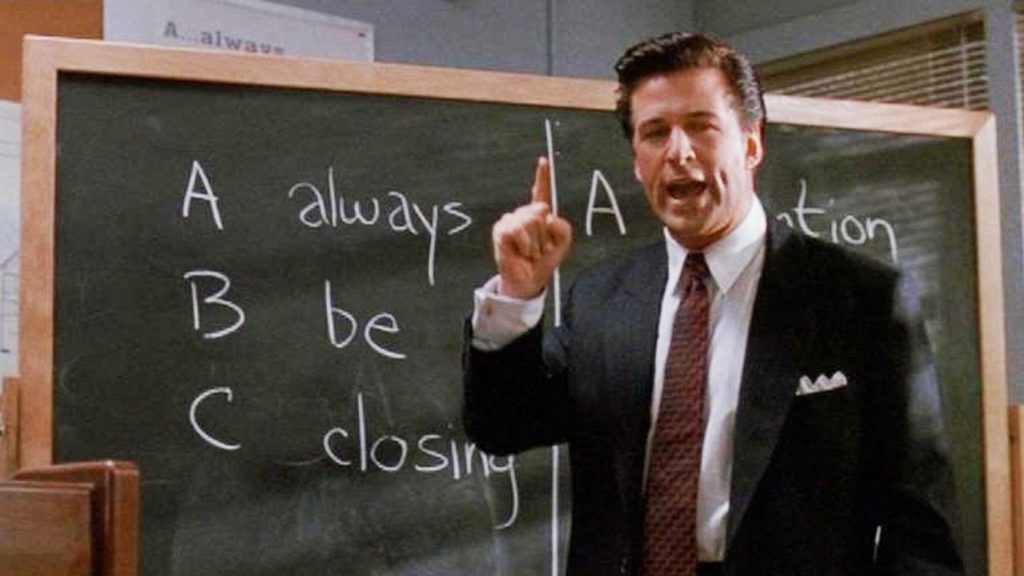 Sales management is a journey. In this journey, there are five main steps. These steps do not have to occur in order and leveling up to the next stage doesn’t mean forgetting the one that came before it. This framework is not set in stone; sales leaders should simply use the framework as a guide to show their current stage and what they must do to arrive at the next.
Sales management is a journey. In this journey, there are five main steps. These steps do not have to occur in order and leveling up to the next stage doesn’t mean forgetting the one that came before it. This framework is not set in stone; sales leaders should simply use the framework as a guide to show their current stage and what they must do to arrive at the next.
Figuring out your current stage you are at helps in knowing what actions you should take to level up. These insights help your team know what they should be focusing on and how they can go about improving their performance. Every sales manager can move the needle from good to great as they progress in their career by following a tried-and-true path outlined below.
Initial
This is where many sales teams find themselves – no focus on leading indicators, but an intense focus on closing deals. This is not a bad thing, where would sales teams be if they didn’t focus on closing? The famous phrase in the world of sales, ABC or always be closing, applies. In this stage, companies usually have little to no CRM adoption. Instead, their sales team and managers are responsible for tracking their own activities and pipelines. This stage causes sales teams to be stuck in the dark ages of sales, focused entirely on the current deal, unable to look towards the future.
Motivate
This stage begins with some level of CRM adoption. There is an attempt to get salespeople and leaders excited about the sales process and move the team down their pipelines with a sense of purpose. Organizations in this stage focus on energy and excitement, which can come in the form of friendly competition via leaderboards. This excitement can be amplified even further with spiffs and contests that help salespeople see where they rank in relation to their goals as well as the rest of their team. This stage brings the team’s focus away from simply closing, and elevates their thinking towards their pipelines and future deals.
Engage
Engage deals with the organization of your sales process. Your team is now aware of where they stand in relation to their personal and team goals. They are more motivated to reach set goals. Teams that have reached the engage stage have a clearly defined sales process. This takes the motivate stage even further by establishing standards of activity level for salespeople. Having defined pipeline expectations requires your team to plan ahead while also focusing on closing the deals that they’re currently working. The engage stage elevates this idea one step ahead by adding a sense of organizational purpose to the sales process.
 Coach
Coach
This stage is heavily focused on developing reps and front-line managers. Coaching is consistent and structured as to make sure that it provides value for the sales team and its managers. Coaching is crucial for sales teams for awareness of what they are doing well, what they need to improve, as well as any other important trends. Taking this time is very important to the development of your salespeople. Although many sales leaders feel that time is always slipping away, it is important to take some time each week to sit down 1-on-1 with your reps. This stage also has a well-defined onboarding process supported by coaching. The onboarding and coaching focus allows new employees to be ramped faster, in turn, increasing productivity.
Align

The last stage, align is a hallmark of the most developed sales teams. In this stage, all recommendations to the team, whether in coaching sessions or just throughout the day, are data-driven. A sales manager looks at the data, finds room for improvement, and uses that information to make actionable recommendations for the team. These recommendations result in reps being given dynamic goals based on their performance, breaking away from the old idea that all team members should have the same quotas and goals. Sales managers who work in real-time allow them to quickly react to unsavory performance as well as increase visibility into who is excelling and deserves to be rewarded.
No matter what your team’s stage, don’t worry! There is always room for improvement. Use this framework as a guideline to discover your current position and what needs to happen to level-up.
To learn more about how you can level up your sales management, request a demo of LevelEleven today!
[su_button url=”https://get.leveleleven.com/l/672783/2019-01-03/lb” target=”blank” style=”flat” background=”#E84E38″ color=”#ffffff” size=”8″ center=”yes” radius=”round”]Request a Demo![/su_button]



